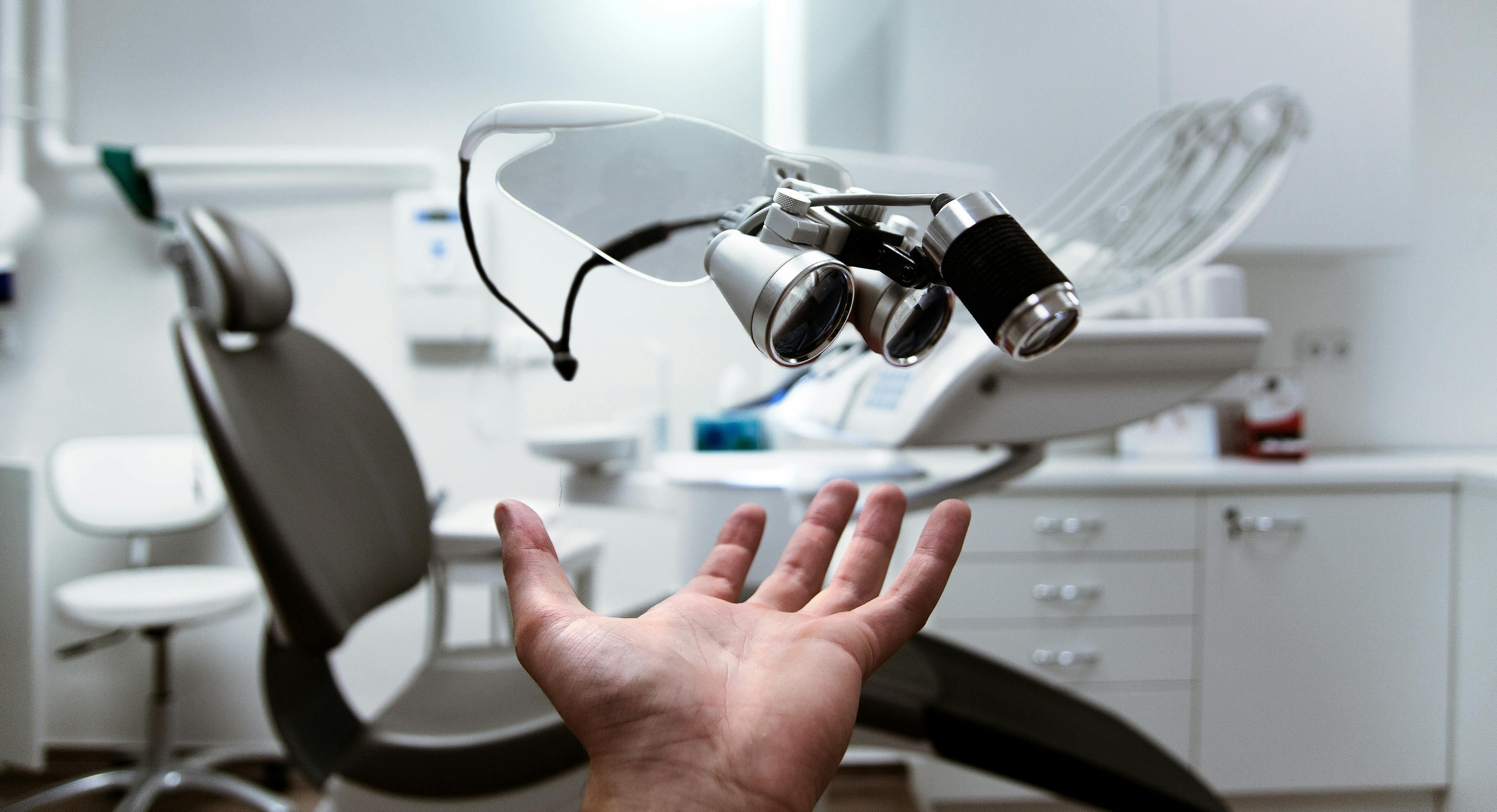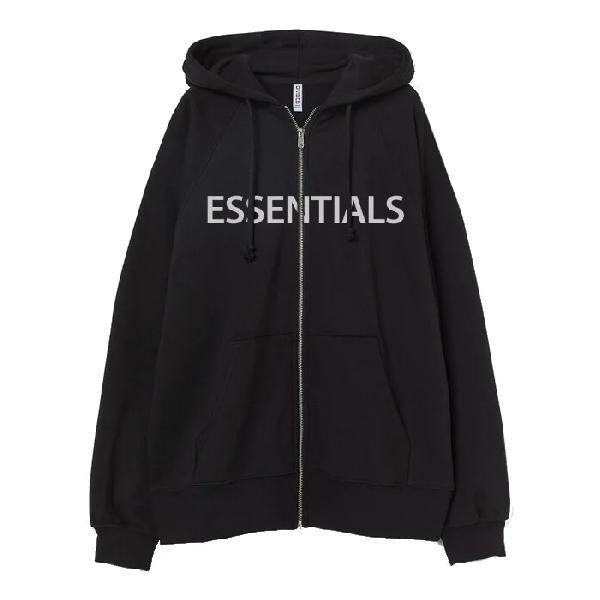Prescription Acne Medication and Acne Cream on Prescription

Acne is one of the most common skin conditions in the world. It affects teenagers, young adults, and even older people. For some, it is mild and clears up with basic skincare. For others, it is more stubborn and needs stronger solutions. This is where a prescription acne medication or an acne cream on prescription becomes important.
In this guide, we will explore what prescription acne treatments are, how they work, and when you might need them.
What Is Prescription Acne Medication?
Prescription acne medication refers to medicines that a doctor or dermatologist gives to treat acne. These are stronger than over-the-counter (OTC) products you find in stores. They are designed to treat moderate to severe acne or acne that does not respond to basic skincare.
What Is Acne Cream on Prescription?
An acne cream on prescription is a topical treatment applied directly to the skin. It contains active ingredients that are stronger than regular creams or gels. These creams help to:
-
Reduce inflammation.
-
Clear clogged pores.
-
Kill bacteria.
-
Prevent new breakouts.
Why Prescription Treatment Is Needed
Mild acne may improve with OTC creams containing benzoyl peroxide or salicylic acid. But when acne becomes painful, widespread, or leaves scars, a prescription is needed.
Prescription treatments go deeper. They control oil production, kill bacteria, and reduce swelling. This prevents long-term damage to the skin.
Types of Prescription Acne Medication
Doctors may prescribe different types of acne medicines depending on your skin type, severity, and health history.
1. Topical Prescription Treatments (Applied to the Skin)
These are creams, gels, or lotions that you apply directly to affected areas.
-
Topical Retinoids
Examples: Tretinoin, Adapalene, Tazarotene. They unclog pores, speed up skin cell turnover, and prevent new spots. -
Topical Antibiotics
Examples: Clindamycin, Erythromycin. These reduce bacteria and calm inflammation. -
Azelaic Acid
Helps reduce redness and swelling. Good for sensitive skin. -
Dapsone Gel
Often used for adult acne. Reduces swelling and bacterial growth.
2.
Oral Prescription
Treatments (Taken by Mouth)
For moderate to severe acne, creams may not be enough. Oral medicines are often used with topical treatments.
-
Oral Antibiotics
Examples: Doxycycline, Minocycline.
These kill bacteria and reduce inflammation. Usually used for a few months. -
Oral Contraceptives
For women, birth control pills can regulate hormones that trigger acne. -
Spironolactone
Blocks hormones that increase oil production. Effective for women with hormonal acne. -
Isotretinoin (Accutane)
A powerful medicine used for severe acne. Reduces oil production and inflammation. Needs close monitoring due to side effects.
Prescription Creams for Acne
If you are looking for an acne cream on prescription, these are the most common options:
-
Tretinoin Cream – A retinoid that helps unclog pores and fade acne scars.
-
Clindamycin Gel – An antibiotic cream to fight bacteria.
-
Benzoyl Peroxide + Antibiotic Combination – A mix that kills bacteria and prevents resistance.
-
Adapalene Gel (Prescription Strength) – Similar to tretinoin but gentler for sensitive skin.
-
Azelaic Acid Cream – Reduces redness and irritation.
How Long Does It Take to Work?
Prescription acne medication takes time. It is important to be patient.
-
Topical creams: 6–8 weeks to see results.
-
Oral antibiotics: 2–3 months for improvement.
-
Isotretinoin: 4–6 months for long-term results.
At first, acne may even look worse. This is normal as the skin adjusts. Consistency is the key.
Side Effects of Prescription Acne Medication
Like all medicines, acne prescriptions may cause side effects. These vary depending on the treatment.
-
Topical Retinoids – Dryness, peeling, redness.
-
Topical Antibiotics – Skin irritation.
-
Oral Antibiotics – Stomach upset, sun sensitivity.
-
Hormonal Treatments – Weight changes, mood swings, irregular cycles.
-
Isotretinoin – Dry lips, dry skin, nosebleeds, and in rare cases, more serious side effects.
Always follow your doctor’s advice and report unusual symptoms.
Lifestyle and Skincare Tips with Prescription Treatments
Prescription medicines work best when supported by good habits.
-
Use a gentle cleanser twice daily.
-
Apply oil-free moisturizer to prevent dryness.
-
Wear sunscreen daily. Retinoids make skin sensitive to sunlight.
-
Avoid picking or squeezing pimples.
-
Reduce sugar and oily foods in your diet.
-
Drink plenty of water.
-
Manage stress with exercise, sleep, and relaxation.
When to See a Doctor
You should consider visiting a GP or dermatologist if:
-
Acne is painful or cystic.
-
OTC creams do not help after 8 weeks.
-
You are getting scars or dark marks.
-
Acne affects your confidence and social life.
Doctors can prescribe stronger solutions that are not available in stores.
Final Thoughts
Acne can be frustrating, but it is treatable. For mild cases, OTC products may be enough. But for moderate to severe acne, a prescription acne medication is often necessary.
An acne cream on prescription like tretinoin or clindamycin can help clear skin, reduce redness, and prevent scarring. For stubborn acne, oral medicines or isotretinoin may be recommended.
The most important step is to talk to a doctor. With the right treatment plan, you can take control of acne and regain clear, healthy skin.
FAQs
Can I get prescription acne medication online?
Yes, many telehealth services allow you to consult a doctor online and get a prescription.
Is prescription acne cream safe for sensitive skin?
Yes, but your doctor will choose the right cream based on your skin type.
Can I use makeup with prescription acne creams?
Yes, but choose non-comedogenic and fragrance-free products.
Will prescription acne medication remove scars?
Some, like retinoids, help fade scars. For deeper scars, dermatologists may suggest chemical peels or laser treatment.
Is isotretinoin the best option for acne?
It is highly effective but only used for severe acne due to side effects.





